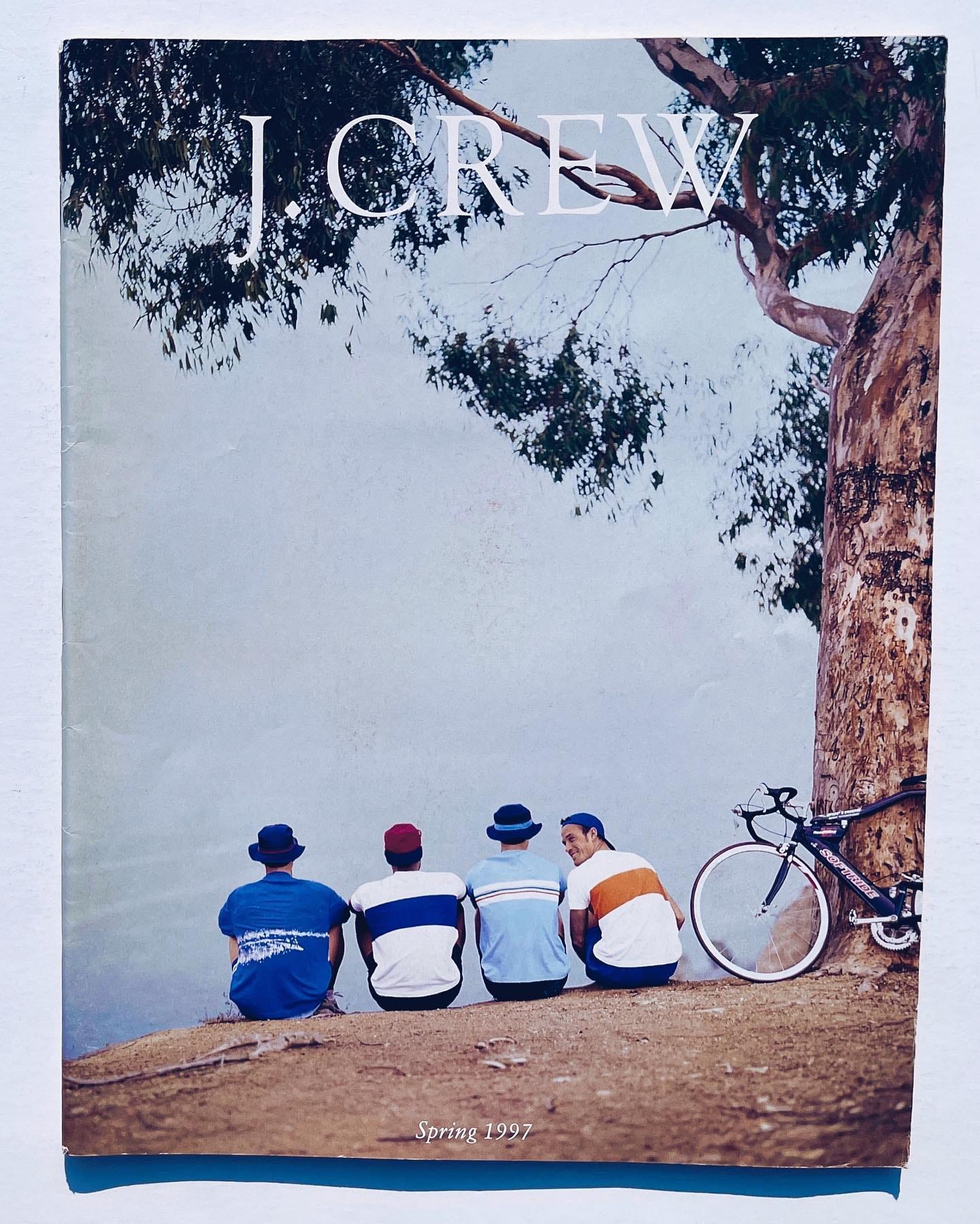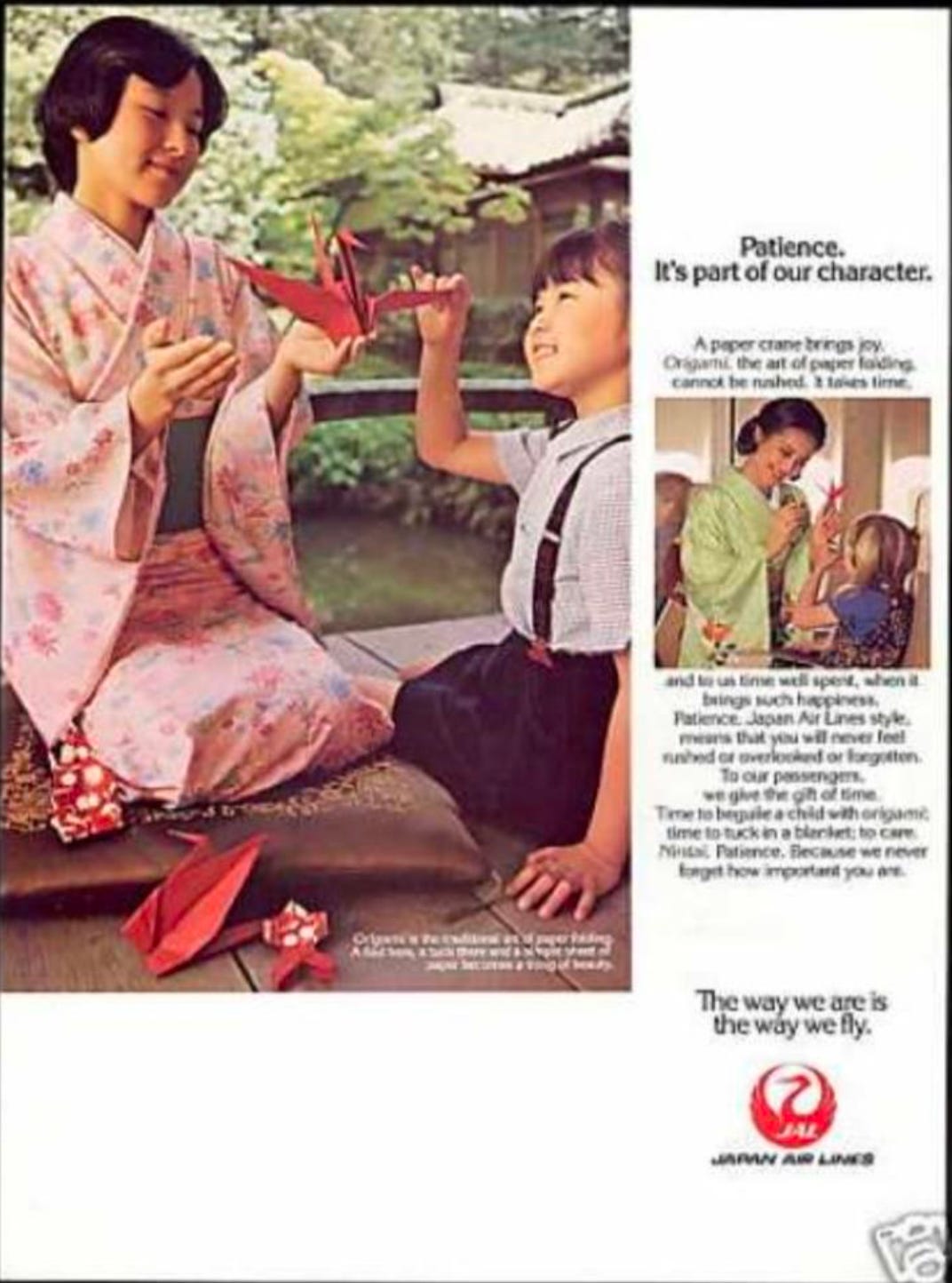If you make enough money, you can escape time.
If you don’t make enough money, you are encapsulated by time.
If you don’t make enough money, you play by the rules of the clock, punching in and out and being “on time” and buying convenience products and planners and apps to meticulously manage the minutes. Every minute.
Most of us don’t make enough money to not worry about time.
But some of us make enough money to occasionally — and temporarily — escape its demands, to leisurely experience an oasis of deceleration.
For that, the market is ready and waiting.
Welcome back to our series, twenty shades of “time is money”. Every Tuesday we’re breaking down findings from my research on social acceleration, marketing, and consumer culture.
This research helped me better understand my own relationship to time and consumption (and specifically, the felt need to constantly be busy and hurry through life and buy things as an antidote to this frenzy). Thank you for reading, and I hope there is a nugget of inspiration for you here too!
In a world where both time and money are resources, the two methods of payment can be jointly cashed-in to disengage from the dominant temporal logic of society (i.e., one of acceleration). Escape doesn’t require time or money, but time and money.
A few advertisements from my research that illustrate escaping time:



Escaping time depicts a story of agentic triumph over the structure that binds and organizes the masses — time.
But escaping the grind of daily life is a quiet luxury, thick with symbolic meaning.
I eluded to this idea a couple weeks ago when talking about the 4th shade of “time is money”, fast is desirable. As productivity and hustle culture became the celebrated cultural norm, slowness has (once again) become a mark of distinction - a subtle display of means (through a combination of economic, social, and cultural capital). To take ones time is often an expensive privilege.
This line of thinking sits adjacent to the popular question floating around the cultural zeitgeist: who has time for leisure? Rather, who has the means to escape, or subvert, the dominant norms of society? (the dominant norms here being productivity, hustle, and constant go go go…)

This is an old question that seems to wax and wane throughout modern history. Veblen’s 1902 Theory of the Leisure Class addresses the logic of leisure, especially in regard to its material manifestation, and concludes that “conspicuous consumption of valuable goods is a means of reputability to the [person] of leisure”.
In a world where “if you have enough money, you can escape time”, time spent away from the high-intensity and fast pace of daily life is a valuable good. And not only because we ourselves enjoy it, but also for its signaling value.
Because time is scarce, not everyone can “afford” to flaunt an opulence of it. But most of us can partake in tidbits of slowness, often as reward for our hard work, marketed to us through products and promises. A little luxury.
It’s interesting to me how consumer culture, which has done so much to sell us on acceleration and speed and the idea that “time is money”, is also prepared to sell us solutions to the daily grind of living in a hastened temporality. Sell a problem, sell a solution. It’s essentially a straw man market.







Fabulous piece of writing. I learnt so much. I’ve tried to observe these concepts recently when our and about. Who is selling me what? Are they selling me something to get more done in less time? Or are they selling me a lifestyle of leisure. Have you noticed that leisure focused marketing portrays privilege and often a higher price tag?
This is a fascinating concept.. so true and yet I hadn’t slowed down long enough to consider it… :-)